A Tale of Two Kenyan Cities
By Natalie Walters
The Mukuru slum is home to over half a million people — that’s bigger than Atlanta or Miami — and they all live in one-room shelters, often made with scraps of metal, plastic, cardboard, or plywood. As you can imagine, these shelters stretch as far as the eye can see to accommodate the population size. But if you look just beyond the edge of the slum, you can catch a glimpse of Kenya’s capital, Nairobi, home to the biggest clump of millionaires and billionaires in the country.
Nairobi has about 200 slums that house a total of 2.5 million Kenyans, according to kibera.org.uk. Even more startling, slum residents represent about 60% of Nairobi’s population, yet their settlements take up just 6% of the city’s land. In other words, Mukuru is very overcrowded.
Walking down Mukuru’s dirt streets, you see people everywhere — shopping, visiting, working, eating, and sleeping. The lively atmosphere is not necessarily what you would expect to see in an underprivileged living settlement. But it makes sense when you consider that it’s the third-largest slum in Nairobi. The settlement has become its own city with its own way of life — and its own hospital.
That’s right. In the middle of the Mukuru slum is a two-story, mint green-colored health clinic. This is Cana Family Life Health Centre and Maternity, opened 20 years ago and loosely labeled as a “hospital” as it doesn’t offer a full range of services. The goal of the clinic is to help the underprivileged, not to post a 100% profit.
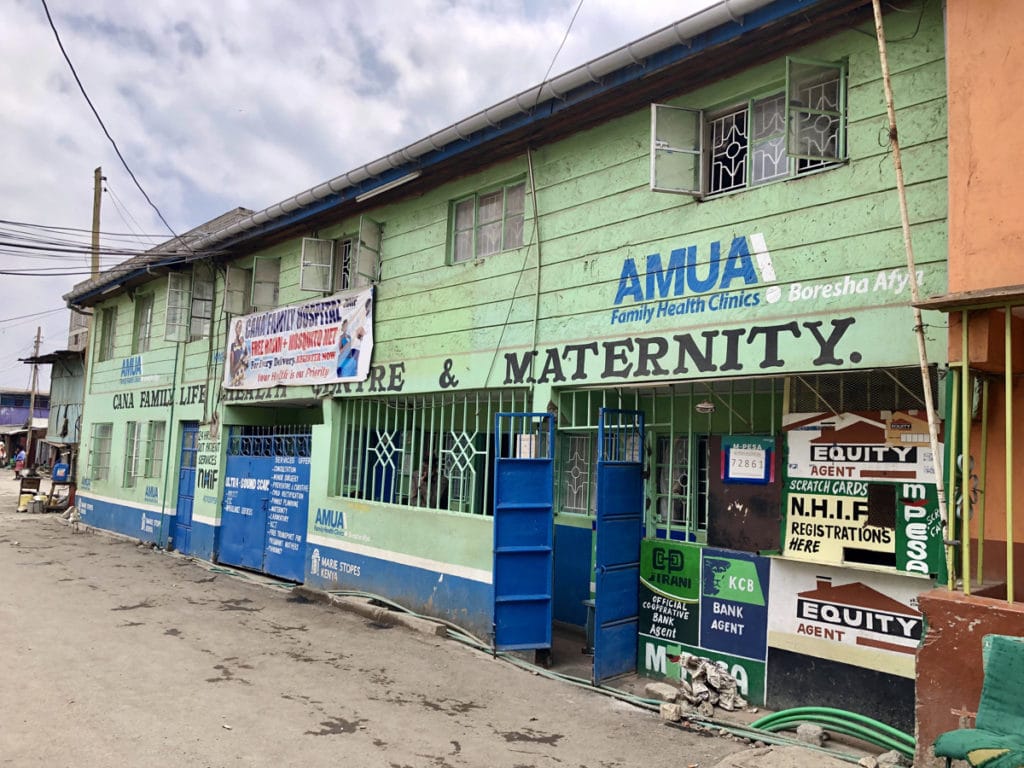
The clinic is busy, seeing over 50 patients per day. However, their patients pay an average of only $1.90 total for the consultation, labs and medications – and some patients cannot pay at all.
This isn’t hard to believe when you consider that someone living in a slum will understandably need to spend their limited money on food rather than seeking expensive medical attention.
The Kenyan founders of the hospital (a couple you’ll hear about in a later newsletter) find creative ways to subsidize the clinic, passionate about ensuring that their neighbors who many struggles each day at least have the hope of compassionate and affordable healthcare very close to their home.
Harrison, who’s been working at the clinic since the fall of 2017, said that it’s hard to balance making enough money to keep the clinic open, while also not turning away a sick person. The clinic wants to expand its offerings but doesn’t have the money right now.
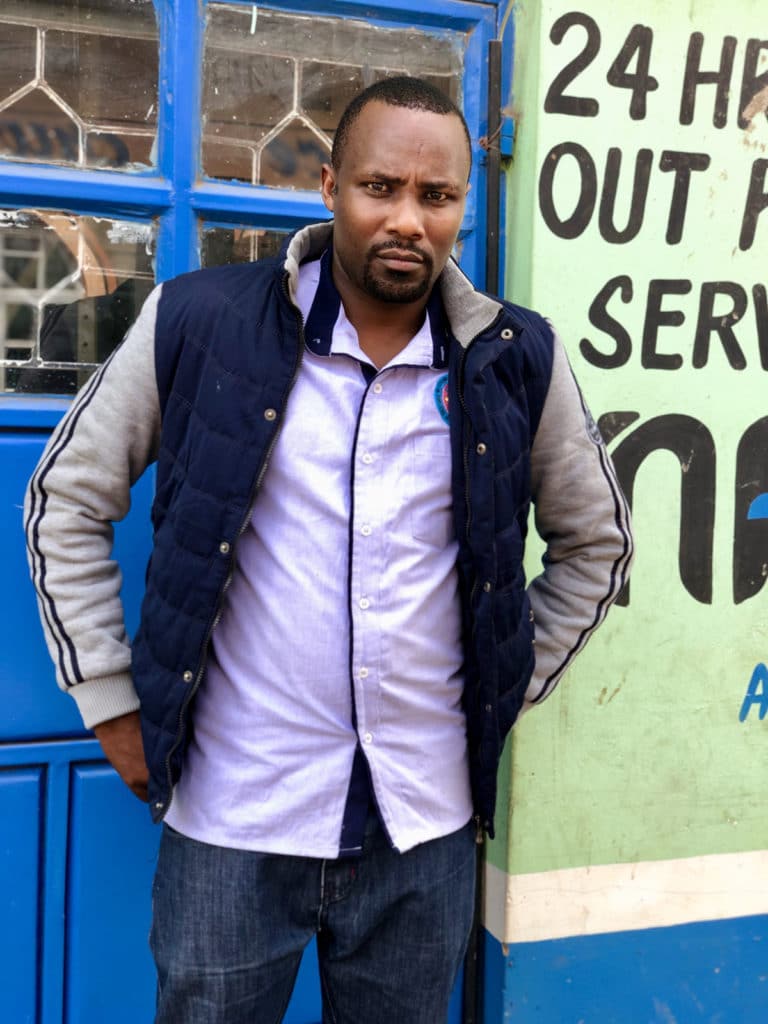
He said it’s also hard to explain to Mukuru residents that Cana clinic can only do so much because they don’t have the money, staff, or resources to be a full-service hospital. Often, they stabilize a patient and then try to find a way to get them to a bigger hospital an hour or so away.
“People don’t understand the level of services,” he said. “It’s just basic health services. They think we’re denying them service, but really we don’t have the equipment and capabilities for everything.”
But the majority of cases are not so serious that they need to be transported to another hospital. By far the most common ailment they see are infections due to a lack of hygiene. Often there’s a family of five living, sleeping, and cooking over a fire in the same one room. Breathing in the toxic cooking fumes in a confined space can lead to serious health issues and even death.
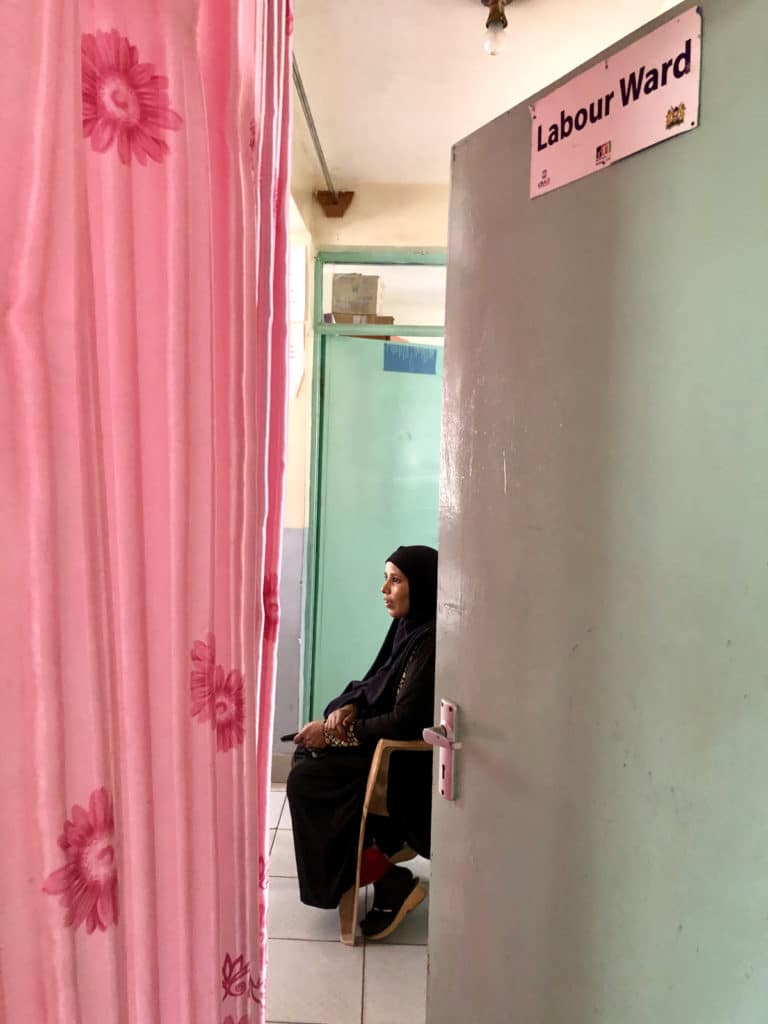
Caring for 50 patients per day, 1,000 outpatients per month, and 100 deliveries per month is hard to do for any clinic, much less one that only has very limited income from its patients. One way they’ve eased up their workload is by using Banda’s software, which has made it easier to find patient records and to make end-of-the-month reports.
But Harrison said that the most helpful function on Banda Go is the inventory tracker. With so many patients, the clinic didn’t have time to keep track of which drugs were going bad and which drugs were low on supply. This was costing them money that could have been used to help more Mukuru residents.
“The system has been a huge help with finances,” he said. “Expired drugs are a very big loss to you.”
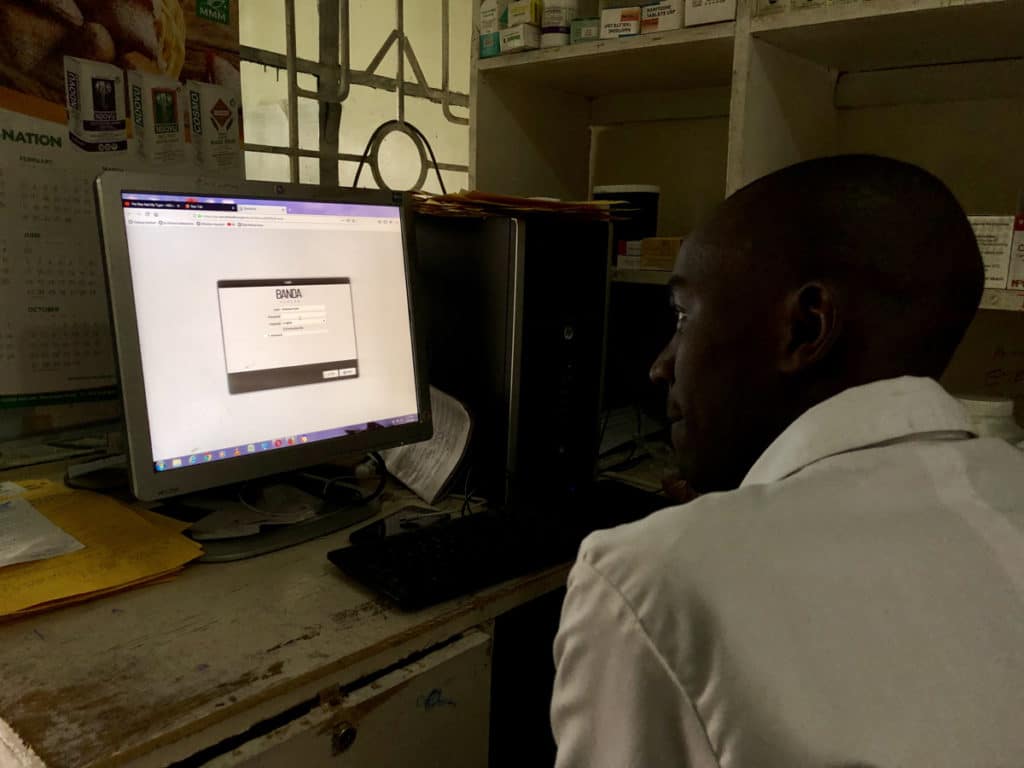
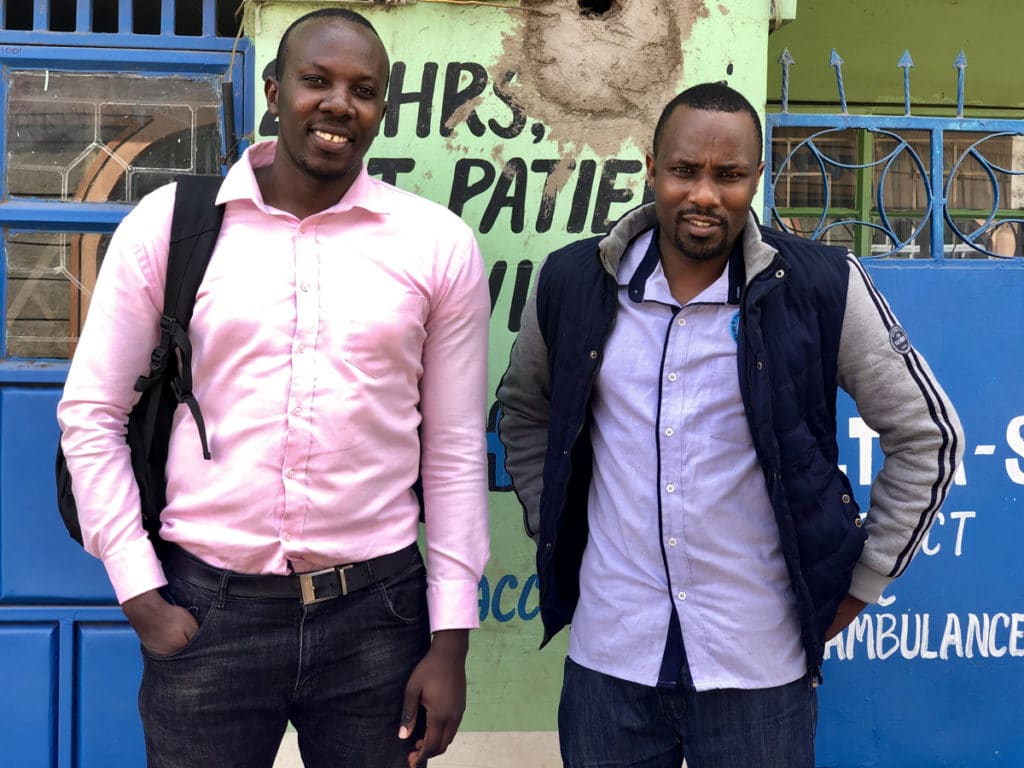
For every $1,000, we transform another clinic
Banda Health relies almost 100% on donors who share our vision to make sure patients in very-low-income communities around the world have access to good healthcare. The small annual fee we charge clinics covers less than 5% of the cost to implement and support Banda Go, and that does not include the much higher costs of product development. When you donate to Banda Health, you give clinics the opportunity to transform their business and transform the way they deliver healthcare to their patients.
Banda Go is our baby, and it’s taking a global village to raise it. Thanks for doing this with us!
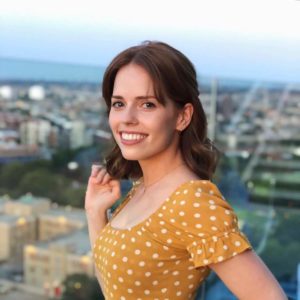
Natalie Walters
A journalist from New York, Natalie is helping write stories about the clinics using Banda Go.

